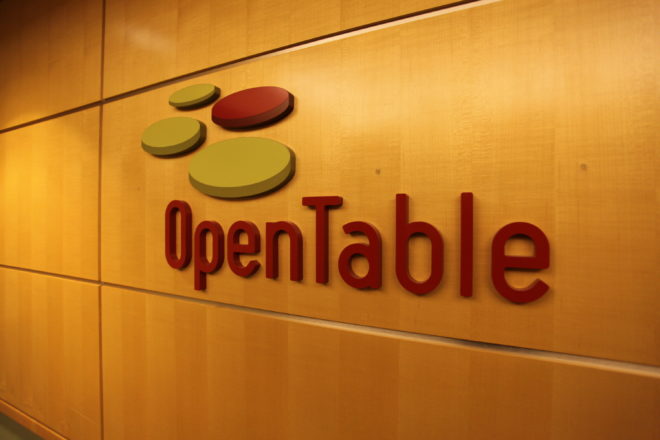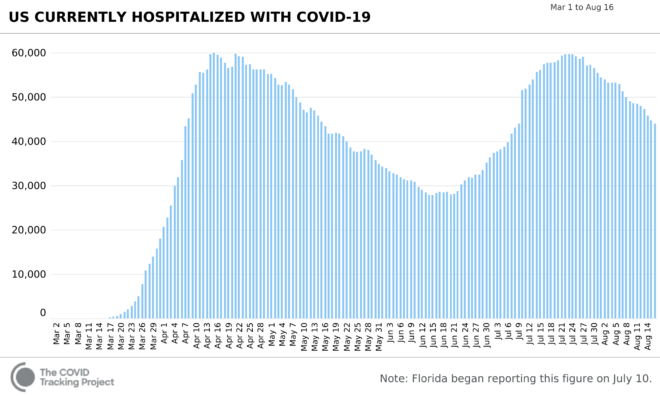Expert Insights for Restaurant Owners from OpenTable and Upwork

Two restaurant industry experts share their insights regarding the state of the restaurant industry. Debby Soo, OpenTable’s new CEO, discussed on television her outlook for U.S. restaurants amid the COVID-19 downturn. She also added thoughts on Canadian operations.
Secondly, Upwork’s Chief Economist Adam Ozimek contributes his thoughts. Ozimek also operates an independent restaurant in Lancaster, Pennsylvania; he describes it as an all-in-one restaurant, bowling alley, arcade, and bar. In an interview with Bloomberg Radio, he explained how individual operators can adapt, as well as what the restaurant industry needs from national policymakers.
Soo begins by acknowledging the plight of restaurants who are experiencing unpredictable regulatory whiplash. “We’re seeing a lot of trends as restaurants open, and then having to close, as the pandemic is spiking in the particular regions.” Indeed, it is impossible to plan for food service when signed laws change by the day.
Ozimek sympathizes with restaurant owners experiencing regulatory whiplash. “Everything seems to constantly be changing. Imagine if you’re a restaurant owner that already has very slim profit margins. It makes it really, really difficult to plan ahead, buy supplies, buy food, organize, waiters, waitresses, schedules, and things like that.”
Soo points to OpenTable’s improving survey results. “The good news is that people in the U.S. and Canada are dining out again. We conducted a recent survey, and 25% of those respondents said that they are dining out now, at least once a week.”
That is indeed good news, especially when compared to near-zero seated diners from March 20 through the full month of April, per OpenTable data. The improving survey results also coincide with a falling U.S. hospitalization rate of COVID-19 infected patients.

Graphic by The COVID Tracking Project at The Atlantic (CC BY-NC-4.0)
Soo continues, “We’re seeing outdoor reservations also up 20% year-over-year.” This matches data from other providers, including the National Restaurant Association, which confirms the rebound in outdoor dining, buoyed in part by summer weather.
Regarding coronavirus containment, Ozimek rightly notes that restaurants cannot cointain a pandemic. He calls for official enforcement, “We really need the government to step in. You can’t just rely on businesses to do he shutdowns themselves because, you know, there’s one jerk bar in town that is never going to close, unless you make them. Then that place, all the people who don’t care about safety are just going to pile into that place. And infection is just going to be way worse than if everything sort of stayed open.”
Soo acknowledges the increased opportunity costs of cleaning and safety standards. “Restaurants are spending a lot of time, because diners really care about safety. They are limiting capacity, that they have signs, hand sanitizer, signs highlighting things like contact, PPE [personal protective equipment], employees wearing masks. So, that’s very much top of mind for both restaurants and diners.”
Unfortunately, Soo’s data and expertise have not altered her company’s official forecast for a permanent restaurant closure rate of 25% during the remaining pandemic fallout. “We’re on the front lines of this. And we, we actually think that 25%, or one in four restaurants, are not going to survive. And at this point, we think that it might even be conservative, more grim.”
During the call, Soo acknowledged her support for the $120b Restaurants Act of 2020. Today, celebrity chef Andrew Zimmern repeated his endorsement. Additional support poured in from restaurateurs around the country this month. “Please contact Congress to #SaveRestaurants” tweeted restaurant owner Virginia Miller. “Can’t believe this is 2020 #saverestaurants” tweeted chef Tia McDonald. “Coronavirus is hitting restaurants hard. We need Congress to help restaurants before it’s too late,” said Sabrina Espinal.
The Independent Restaurant Coalition is collecting stories from negatively affected restaurant owners for use in its Congressional lobbying efforts to advance the Restaurants Act of 2020. Restaurant Engine’s latest analysis of the bill is available here.

Leave a Reply